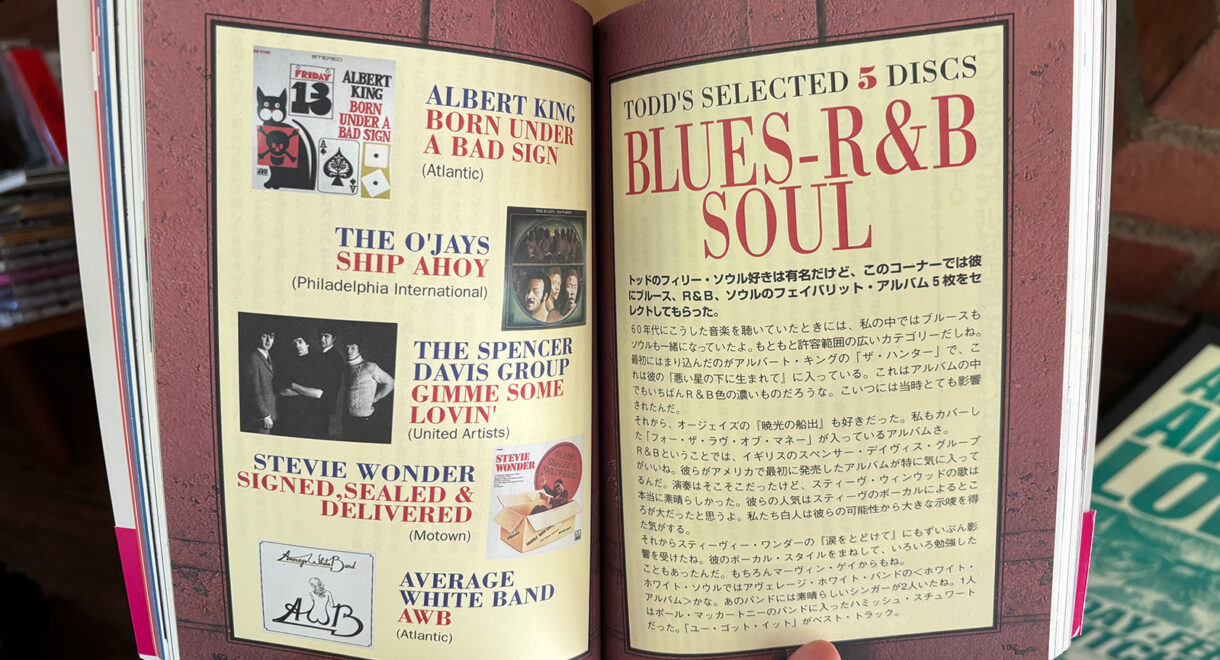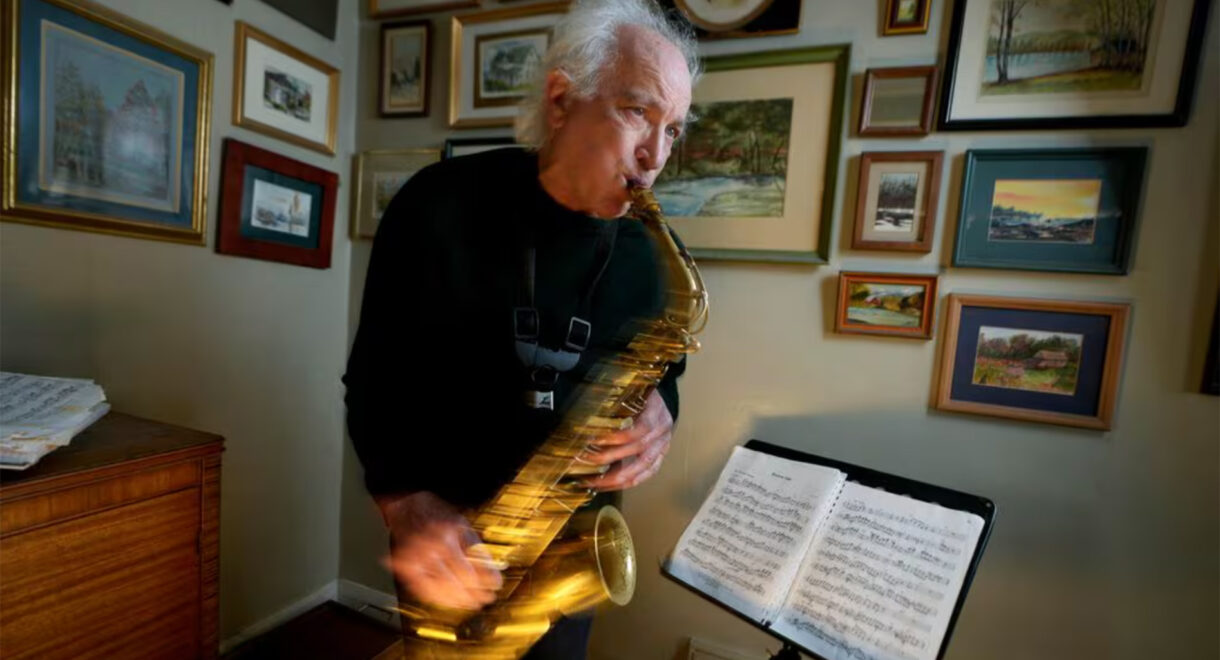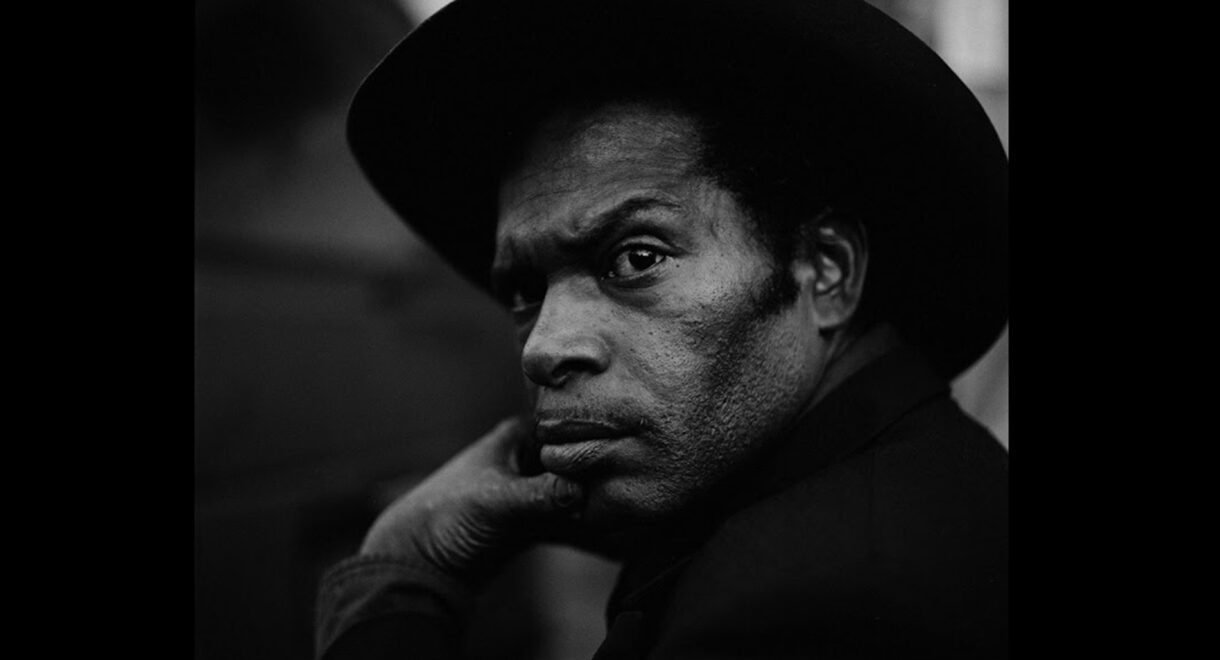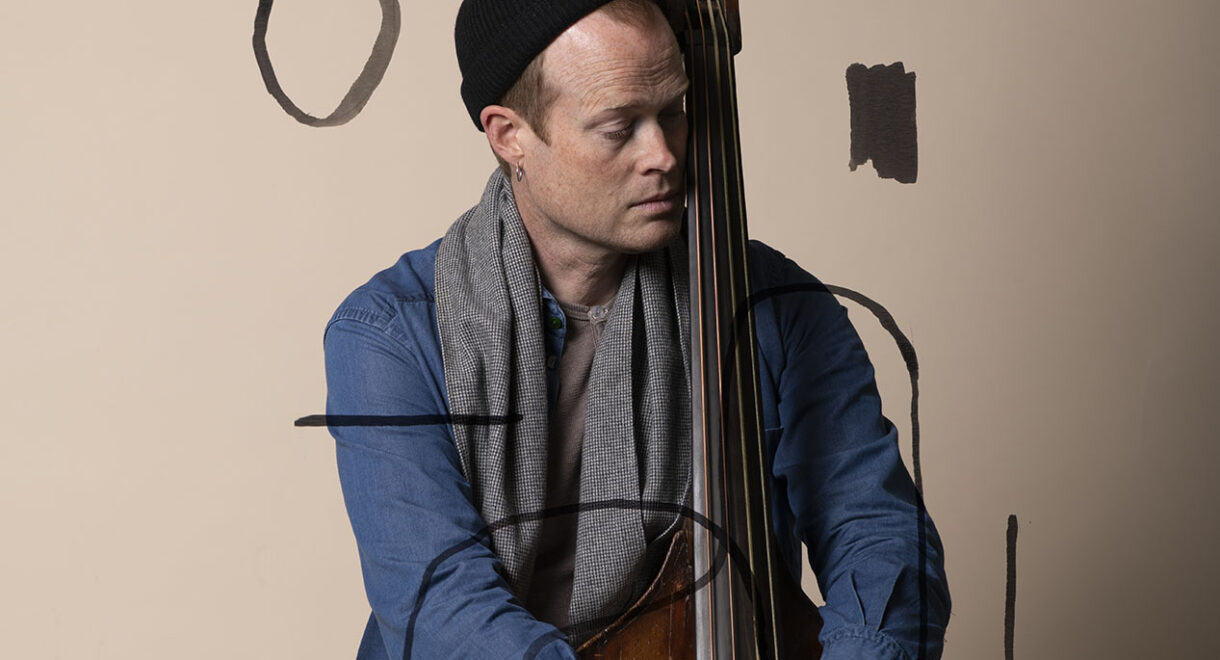A new documentary about the Sun Ra Omniverse is currently in production. Support the Kickstarter today! In partnership with the SUN RA Estate and veteran bandleader, Marshall Allen, […]
Female Pioneers of Free Jazz: Alice Coltrane, Barbara Donald, Monnette Sudler, and more!

The jazz world mirrors the suppression of women in most areas of mid-century society. Val Wilmer made sure they would never be forgotten.
When focusing on and appreciating jazz instrumentalists of the 50’s and 60’s, it becomes quickly obvious that women, with the exception of a notable few, had little recognition in the movement. A shameless “boys club” attitude permeated both recording studios and clubs. Even more insidious were expectations placed on women in American culture. The canonized projection of the perfect housewife had no room talented women frequenting venues fogged in tobacco smoke and a distinct musk of spilled whiskey.
Women had a harder time climbing the ranks, but as it often goes, it would be a woman who would see the importance of their impact on the evolution of the genre. Her name was Val Wilmer and she was an English national who had a precocious fascination with the American jazz, gospel, and blues artists who would cross the pond to play. Wilmer was only 17 when she started publishing her writings on jazz, and by the time she released her book, As Serious as Your Life, in 1977, she was fully embedded in the scene with hundreds of interviews and photographs cataloging her journey through sound.
As Serious as Your Life focuses particularly on free-jazz, a musical expression that relies heavily on improvisation and deprioritizes syncopated beats and melody driven compositions. The movement turned the conception of each instrument inside out and was born amid a Black civil rights movement that was fervently growing throughout the country. The mission was to represent the human desire to be unshackled and free. Wilmer doesn’t gleam over the political subtext of the music she writes about, and in this book she boldly correlates the intersections of gender and sexuality in addition to race and class. She also highlights several female free jazz artists. We share them here along with a few newer artists mentioned in the forward of the book.

Alice Coltrane
Alice Coltrane is a household name these days, but she didn’t gain broad popularity until a decade after she passed. She was the wife of legend John Coltrane, but she had a long career in jazz before they ever met. She was the house pianist at the Blue Note Jazz club in Paris for a stint in her youth, and led bands in her hometown of Detroit.
This track, Gospel Trio, appears on her 1968 record A Monastic Trio and has the fiery Jimmy Garrison trilling bass and the prophetic Rashied Ali on drums.
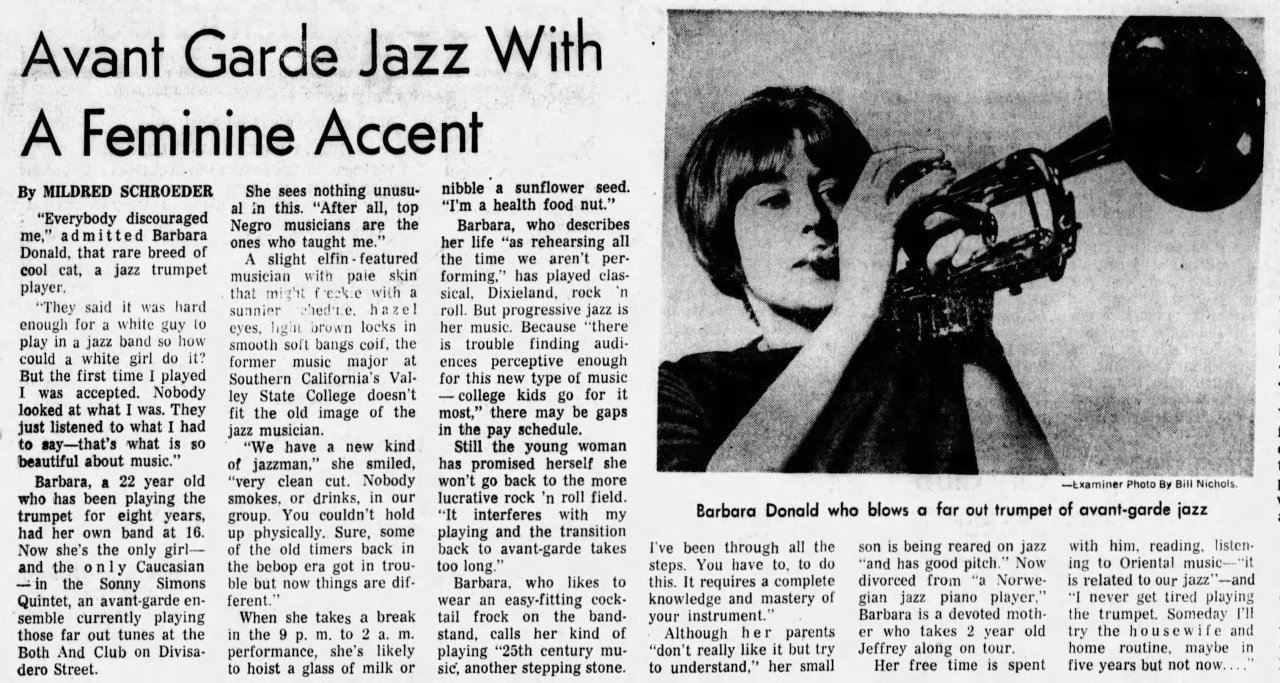
Barbara Donald
Donald is described in the book Trumpet Kings as “one of the most powerful trumpeters in free jazz” and was known for her beautiful tone. She began playing trumpet in her home state of Minnesota as a youth before relocating to California. There she began her ascent and eventually ended up on stages with John Coltrane, Richard Davis, Dexter Gordon, Roland Kirk, Prince Lasha, and Sonny Simmons.
This was the title track of her only solo record, The Past And Tomorrows. It captures her incredible character on the horn.
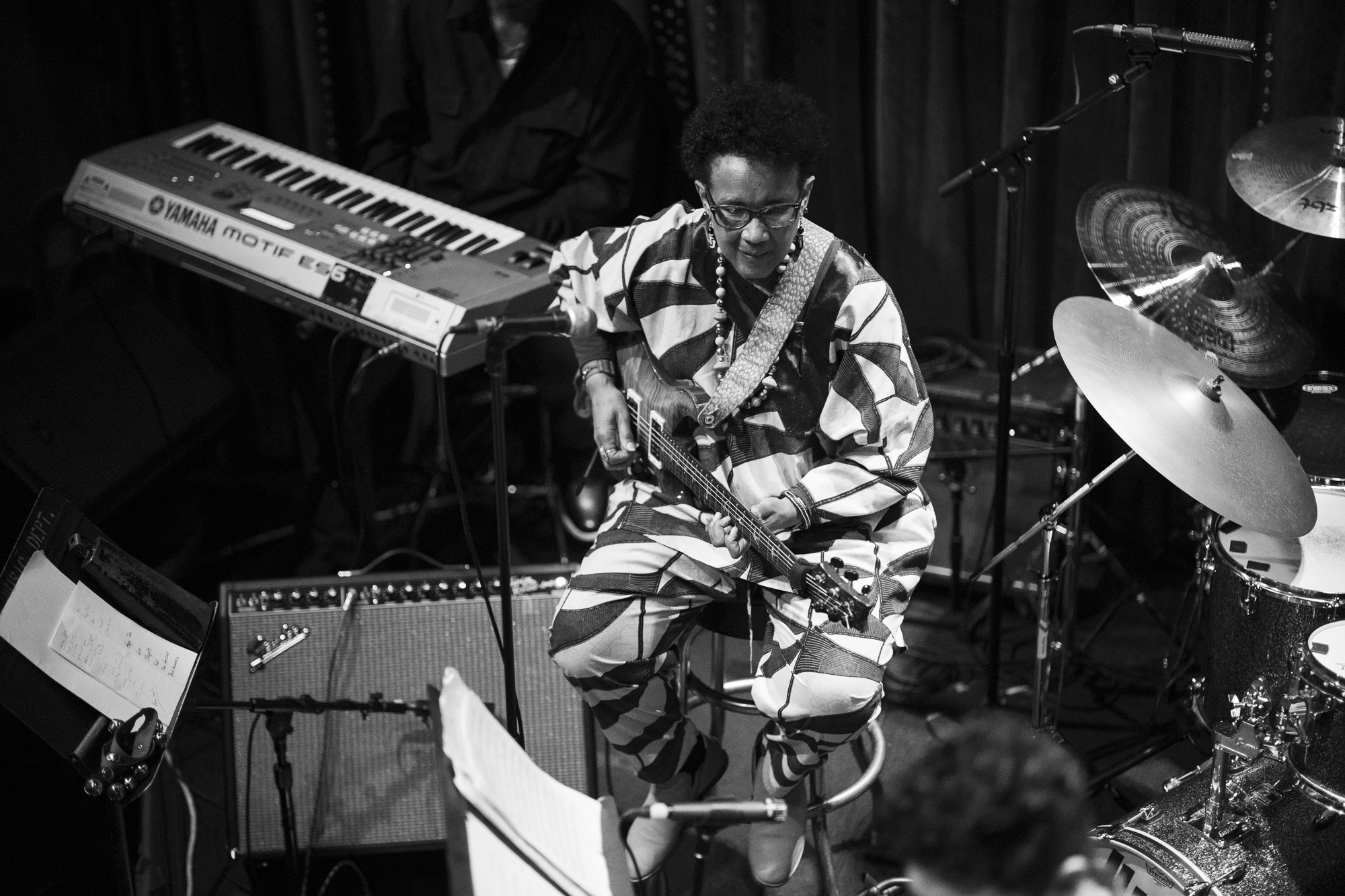
Monnette Sudler
Sudler grew up in Philadelphia and came from a musical family. She picked up the guitar early and after studying the country’s most prestigious music schools, Sudler went on to become a band leader and performed with greats including Grover Washington Jr., Archie Shepp, and Hugh Masekela
“Three in One” is off of her first record with a band simply named Monnette Sudler Quartet. It’s wandering and full of ecstatic flourishes.
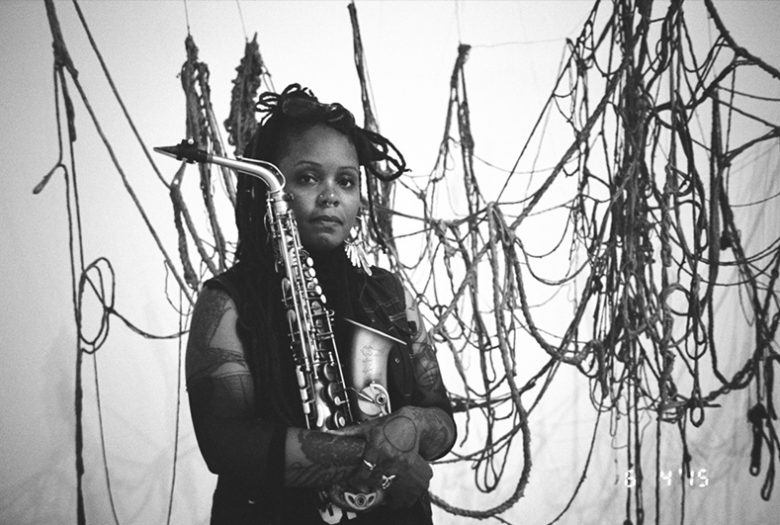
Matana Roberts
Roberts is a contemporary reed player and composer based in New York City, and her most recent record Coin Coin Chapter Four: Memphis came out in 2019. It’s a refreshing and contemporary expression of the zeitgeist and brings Alice Coltrane to mind.
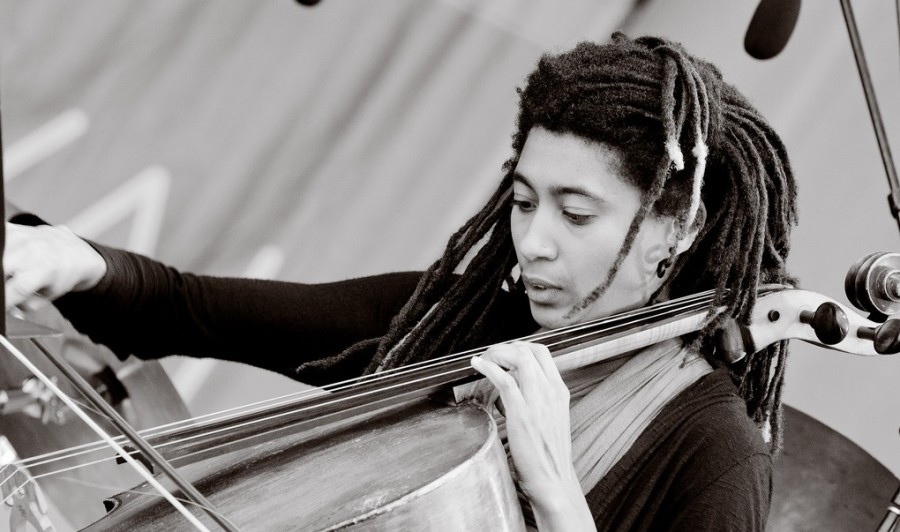
Tomeka Reid
Reid plays the cello and was named a 2017 “Chicago Jazz Hero” by the Jazz Journalists Association. She plays with a sonic charm that’s compelling, in the process pushing the genre far into the future.





